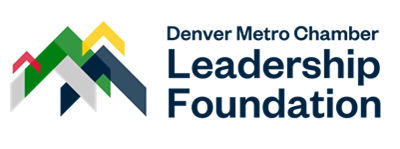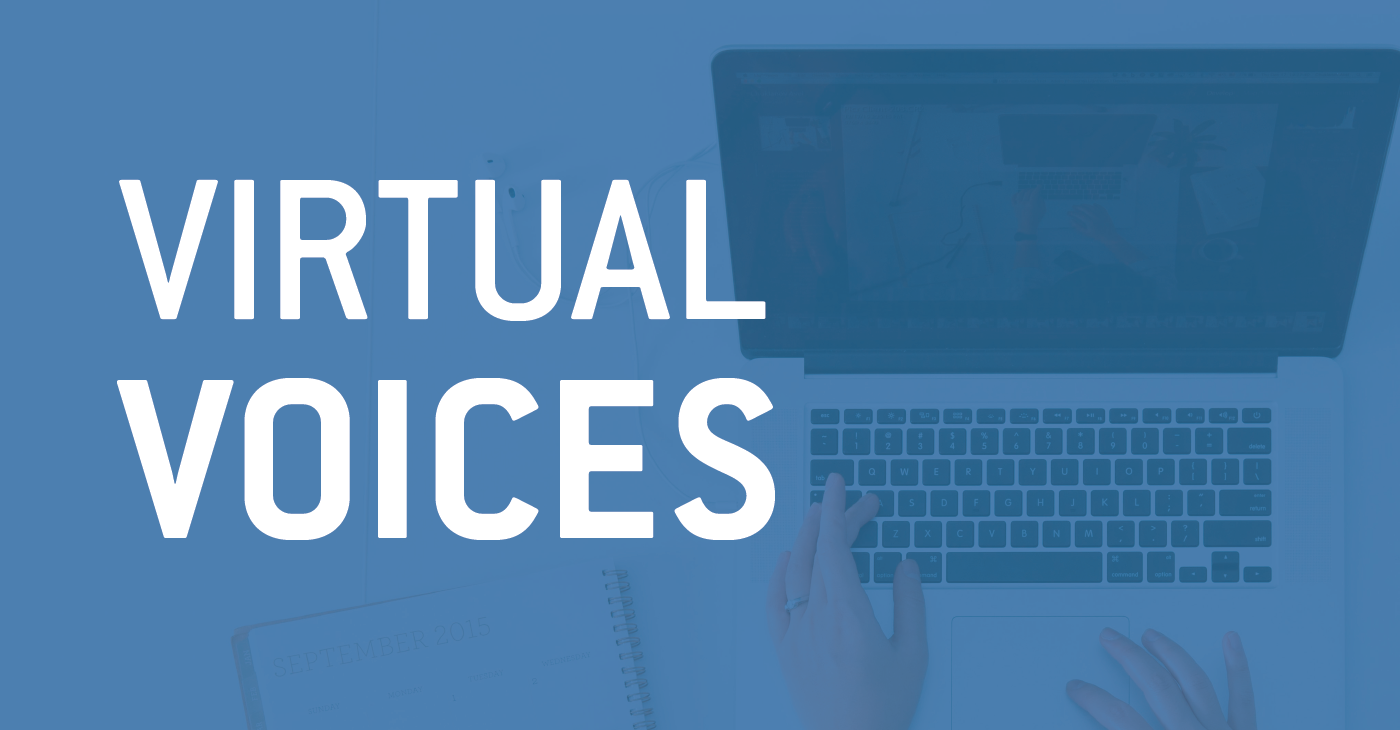The Denver Metro Chamber Leadership Foundation and TIED (Talent, Inclusion, Engagement & Diversity) Roundtable hosted a celebration and discussion of Martin Luther King Jr. and his legacy on Jan. 20.
Jenna Diaz-Gonzalez, program director at the Denver Metro Chamber Leadership Foundation, introduced the discussion. She was joined by speakers Dr. Roberto Montoya, chief educational equity officer at the Department of Higher Education, Dr. Kalonji Nzinga, assistant professor of learning sciences and human development at the University of Colorado Boulder School of Education, and Monica Williams, chief consulting officer at The Equity Project and co-founder and president of TIED.
Check out our key takeaways and the video of the webinar below.
What does the legacy of Dr. King mean to you? The speakers reflected upon this question and discussed what their personal experience with Dr. King’s legacy looked like. For Williams, the legacy of Dr. King causes her to think about her own legacy, as well as those of her parents, grandparents, ancestors and children, and the struggles they faced in the past and will face in the future as Black Americans. Additionally, Dr. King’s legacy means that she looks for ways to be hopeful, while still wishing to take action against unjust laws and norms. For Dr. Nzinga, he thinks of the courageousness of Dr. King and the Black Americans who took part in the Civil Rights Movement, and how he can channel this same courage. For Dr. Montoya, Dr. King’s legacy stresses to him that all people can heed Dr. King’s words, and as many people as possible should allow themselves to address any discomfort they have with their own ingrained prejudices.
What can we do to make sure we are honoring Dr. King’s legacy without diluting the message? Coming from a tradition of “testimonio” (a testimony, a witness), Dr. Montoya asked, how can we testify to Dr. King’s experiences and his words? Dr. Nzinga stated that we need to study all the words and speeches of Dr. King, not just the recognizable and popular quotes. He stressed that non-violence was the core of Dr. King’s philosophy, but that Dr. King refused to allow his beliefs to be co-opted by purveyors of violence who wished for him to fail. As a social scientist, Dr. King said that although we needed to check our own violence, he also encouraged us to think deeper about the systems and environments that communities are exposed to that lead to this violence. It is crucial for us to keep this in mind in present day, when so many groups idolize Dr. King but ignore the core of his message.
How do we, as leaders, keep Dr. King’s legacy alive every day? Williams answered this by agreeing with Dr. Nzinga’s previous point, stating that we need to understand what Dr. King’s true message was, and not focus on just the popular quotes. Dr. King challenged the status quo, but he didn’t do it by himself. He brought other people along in his efforts. It took many people joining hands to make change. And in that spirit, we all have a responsibility to identify where people are not able to pursue life, liberty and happiness, and where our role is in challenging these systems. She stressed that if you are in a leadership role, you must be willing to interrogate systems and policies that might contribute to unequitable outcomes for certain people and try to fix the issues that you might subconsciously reinforce. While mass change can be daunting, Williams emphasized that Dr. King was just one person who created change by speaking his mind and relying on others for support, and that we should not be afraid to do the same.
Dr. Montoya encouraged us to dig deeper and work together to acknowledge uncomfortable ideas, histories and prejudices to gain a better understanding of what has shaped today’s society, and how we can move forward together. To keep Dr. King’s legacy alive, we must recognize race, its impact, legacy and persistence.
You can view a list of resources compiled from previous Virtual Voices webinars here. We have started a list of definitions to help frame this and future discussions at Virtual Voices. You can read and download that list here.

